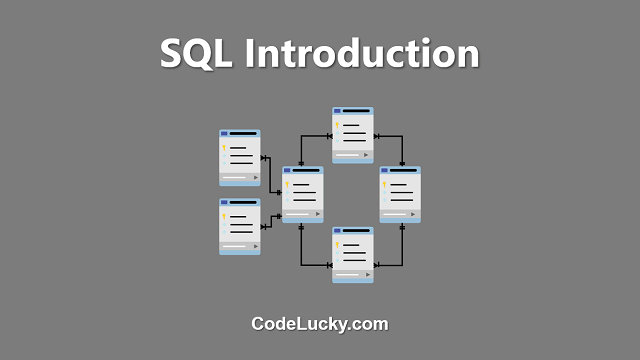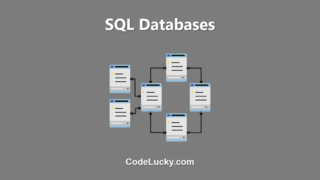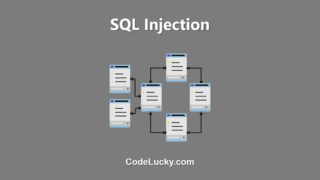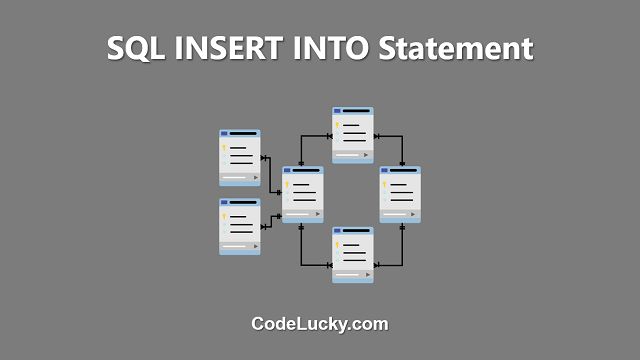What is SQL?
SQL, or Structured Query Language, is a programming language used to manage and manipulate data in relational databases. It allows users to insert, update, and retrieve data from a database using simple, declarative statements.
Why is SQL Important?
SQL is essential for many industries, including finance, e-commerce, and healthcare. It is used to store and manage large amounts of data, and allows organizations to make informed decisions based on that data. SQL is also widely used by data analysts and business intelligence professionals to extract and analyze data from databases.
What is a Relational Database?
A relational database is a type of database that organizes data into tables with rows and columns. Each table represents a different type of information, such as customers, orders, or products. The tables are then related to each other based on common data, such as a customer’s ID or an order number.
SQL Commands
SQL commands are used to perform various tasks in a database, such as creating tables, inserting data, and retrieving data. Here are some common SQL commands:
- SELECT: Retrieves data from one or more tables in the database.
- INSERT: Adds new data to a table in the database.
- UPDATE: Modifies existing data in a table in the database.
- DELETE: Deletes data from a table in the database.
- CREATE: Creates a new table in the database.
- ALTER: Modifies an existing table in the database.
SQL in Practical Applications
SQL is used in many practical applications, such as:
- Storing customer information for e-commerce websites
- Tracking inventory and sales data for retail businesses
- Managing patient information for healthcare organizations
- Analyzing financial data for banks and investment firms
Benefits of SQL
Some of the benefits of using SQL include:
- Ease of use: SQL is a relatively simple language to learn and use, especially for people with a background in programming.
- Flexibility: SQL can be used to manage and manipulate data in a variety of relational databases, making it a versatile choice for organizations with different types of data storage needs.
- Scalability: SQL is designed to handle large amounts of data and can easily be scaled to meet the needs of growing organizations.
- Data security: SQL provides several security features, such as access control and encryption, to ensure the safety and confidentiality of data stored in databases.
Conclusion
SQL is a powerful and widely used programming language for managing and manipulating data in relational databases. It is used in many industries and has many practical applications, from e-commerce to finance. It is a simple language to learn, flexible, scalable, and secure. Whether you are just starting out in programming or are looking to improve your data management skills, learning SQL is a valuable investment that can open up new career opportunities and help you make better decisions using data.







